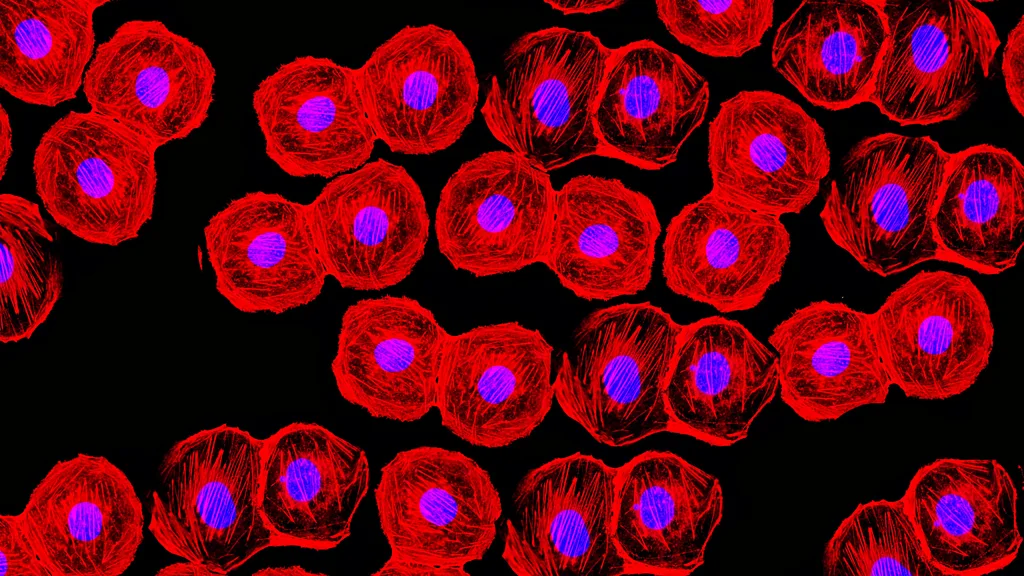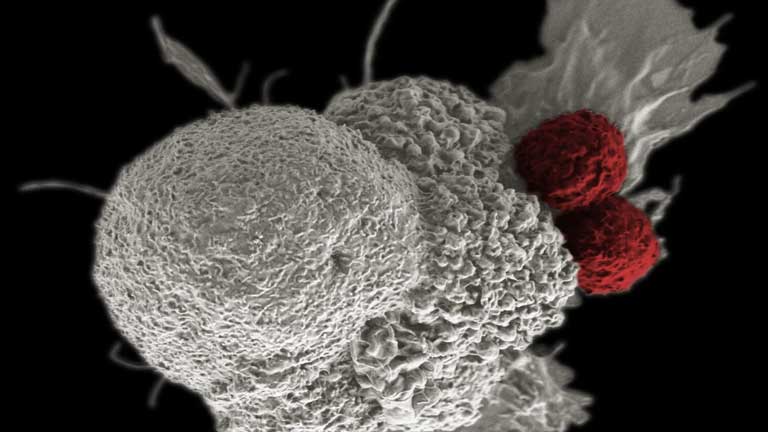By Science Daily –
A Weill Cornell Medicine team has found that triple-negative breast cancer depends on the enzyme EZH2 to spread. By silencing key genes, EZH2 drives chaotic cell divisions and fuels metastasis. Blocking EZH2 restored stability and prevented cancer cells from traveling to distant organs. This discovery opens the door to new therapies that may finally tame this aggressive disease.
Triple negative breast cancer (TNBC) is one of the most aggressive and hardest forms of breast cancer to treat, but a new study led by Weill Cornell Medicine suggests a surprising way to stop it from spreading. Researchers have discovered that an enzyme called EZH2 drives TNBC cells to divide abnormally, which enables them to relocate to distant organs. The preclinical study also found drugs that block EZH2 could restore order to dividing cells and thwart the spread of TNBC cells.




